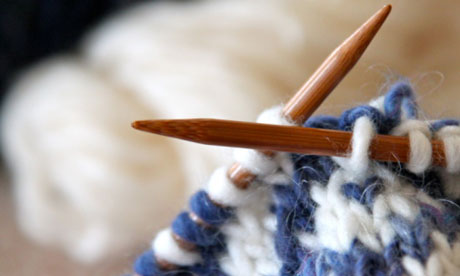
What is memory?
Memory is recalling knowledge or past events, and how we collect and store this information. There is short-term memory (remembering what is on television that evening) and long-term (remembering information about a friend's life).
What can I do to improve it?
Get enough sleep and avoid stress. Without sleep you can't concentrate, and if you are stressed you can't think straight. Try exercising your brain by learning a language, knitting or playing computer games. A study of 200 people in Minnesota aged 70 to 89 found those who had been mentally active in their 50s had considerably better memories. Eat healthily – participants in memory competitions swear by oily fish. Lay off the booze.
What techniques can I use?
Try chunking – breaking up information into small bits that are easier to remember. You can chunk a shopping list; for example, three fruits (apples, bananas, pears), two meats etc. Rhyming, creating stories, or creating a sentence that uses the first letter of each word you want to remember also helps. If you can't remember something, stop trying. Your mind often carries on and will find it for you without your help.
When should I see my doctor?
If you fear your memory loss is a symptom of dementia. Early signs include the inability to recall the names of common things, putting items in the wrong place and getting lost. Depression and some drugs can cause memory problems, as can too much alcohol.

